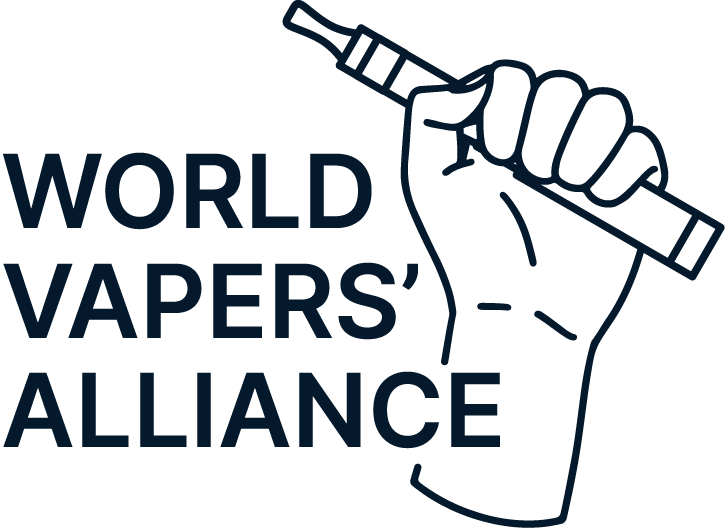Ir-Renju Unit għamel passi kbar lejn it-tnaqqis tat-tipjip fost il-popolazzjoni tiegħu. Mill-lum, il-pajjiż jista' jippreżenta b'kburija l-aktar baxx rati tat-tipjip li qatt kien hemm. Dawn il-kisbiet mhumiex aċċidentali, huma r-riżultat ta’ politiki ta’ tnaqqis tal-ħsara strateġiċi ħafna u progressivi. Madankollu r-Renju Unit jista’ jkun qed jieħu devjazzjoni inkwetanti minn dan il-progress. Ir-reviżjoni li għaddejja mill-gvern dwar il-politiki tal-vaping u t-tabakk thedded li treġġa’ lura l-kisbiet li saru.
L-ewwel fuq l-aġenda huwa l-vaping. It-togħmiet tal-vape, li ħafna eks-fumaturi jsemmu bħala raġuni ewlenija għaliex qalbu milli jpejpu, jinsabu fuq xifer ta’ restrizzjonijiet stretti. Għal dawk li mhumiex familjari mal-vjaġġ ta’ persuna li tpejjep li tipprova tieqaf, it-togħma tista’ tidher bħala tħassib frivoli. Madankollu, hija kruċjali. It-togħmiet joffru appell sensorjali li jbiegħed lill-utenti mit-togħma tas-sigaretti. Billi potenzjalment nillimitaw dawn, nirriskjaw li nneħħu motivatur sinifikanti għall-persuni li jpejpu biex jaqilbu.
Barra minn hekk, il-konvenjenza tal-vapes li jintremew, li kienet mezz biex ħafna nies li jpejpu jippruvaw il-vaping, tinsab mhedda. Il-projbizzjoni fuq il-vapes li jintremew tinjora l-istampa ġenerali – kull min ipejjep li jibdel huwa rebħa għas-saħħa pubblika.
Imma l-aktar ħaġa li tħawdek hija proposta li tintroduċi projbizzjoni tat-tipjip ġenerazzjonali. Filwaqt li l-idea li jiġi pprevenut kwalunkwe tifel jew tifla li jagħlqu 14-il sena din is-sena milli jixtru sigaretti legalment tista’ tinstema’ kuraġġuża u viżjonarja fuq wiċċha, għandha żieda inkwetanti. Il-projbizzjoni testendi wkoll għal prodotti li jissaħħnu u ma jinħarqux. L-adozzjoni sħiħa tar-Renju Unit ta’ ideal utopiku fir-rigward tat-tipjip tista’ tirriskja l-għan kollu tagħha li tnaqqas it-tipjip.
Min-naħa l-oħra tad-dinja, saru approċċi differenti li jipprovdu studju ta’ każ siewi dwar il-potenzjal li jiġu sfruttati prodotti li jisħnu mhux jinħarqu għal dawk li jpejpu. Ikkunsidra l-Ġappun. Fl-aħħar seba’ snin, il-Ġappun ra bidla sismika fix-xenarju tat-tipjip tiegħu. L-għadd ta’ sigaretti affumikati niżel b'aktar minn 50%.
Biex inpoġġu dan f'perspettiva, is-suq totali tas-sigaretti fil-Ġappun għall-ewwel disa' xhur tal-2023 kien ta' 69.4 biljun sigarett, 'l isfel minn 144.8 biljun fl-istess perjodu fl-2016. Dan it-tnaqqis drammatiku mhuwiex proeza żgħira għal pajjiż li darba kien magħruf għall-kultura tat-tipjip profondament inkorporata tiegħu.
X'wassal għal din il-bidla? L-adozzjoni mifruxa ta' prodotti li jisħnu mingħajr ma jinħarqu. Dawn il-prodotti, li jsaħħnu t-tabakk minflok ma jaħarquh, jipprovdu lil dawk li jpejpu s-sensazzjoni u r-ritwali tat-tipjip iżda bi profil ta' ħsara mnaqqas b'mod sinifikanti. L-esperjenza tal-Ġappun tenfasizza l-importanza ta' firxa sħiħa ta' għodod għat-tnaqqis tal-ħsara. Billi adottaw prodotti li jisħnu mingħajr ma jinħarqu, naqqsu r-rati tat-tipjip bin-nofs f'inqas minn għaxar snin.
Jekk nerġgħu lura għall-pożizzjoni tar-Renju Unit, huwa ċar li l-projbizzjoni ta' dawn il-prodotti tkun opportunità mitlufa ta' proporzjonijiet sinifikanti. Filwaqt li l-vaping jibqa' għodda kruċjali fl-armament tat-tnaqqis tal-ħsara, l-eżempju tal-Ġappun juri li l-prodotti li jissaħħnu mhux jinħarqu għandhom rwol x'jaqdu fil-kisba tal-ambizzjonijiet tagħna ta' libertà tat-tipjip.
It-triq 'il quddiem m'għandhiex tkun dik ta' projbizzjonijiet u restrizzjonijiet onerużi, iżda waħda ta' fehim u devjazzjoni. Il-missjoni tar-Renju Unit għandha tkun li jipprovdi lil dawk li jpejpu kull għodda disponibbli biex jieqfu. Mill-vaping u l-boroż tan-nikotina sal-prodotti li jisħnu u ma jinħarqux, l-enfasi għandha tkun fuq it-tnaqqis tal-ħsara. Kull min ipejjep huwa differenti, u approċċ wieħed għal kulħadd mhuwiex prattiku u huwa kontroproduttiv.
Hekk kif il-gvern tar-Renju Unit jikkontempla l-passi li jmiss tiegħu, għandu jieħu ispirazzjoni mill-istorja ta' suċċess tal-Ġappun. Minflok ma npoġġu ostakli, għandna nwessgħu l-awtostrada għat-tnaqqis tal-ħsara. Li nħaddnu firxa sħiħa ta' alternattivi aktar sikuri, li nżommu lura minn restrizzjonijiet bla bżonn, u li nappoġġjaw it-tnaqqis tal-ħsara b'qalbna kollha mhijiex biss deċiżjoni politika - huwa impenn għas-saħħa pubblika.
Oriġinarjament ippubblikat hawn







